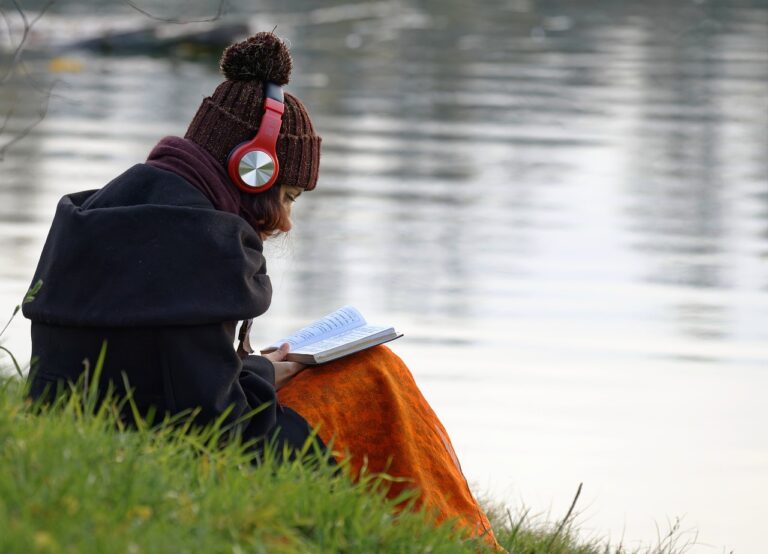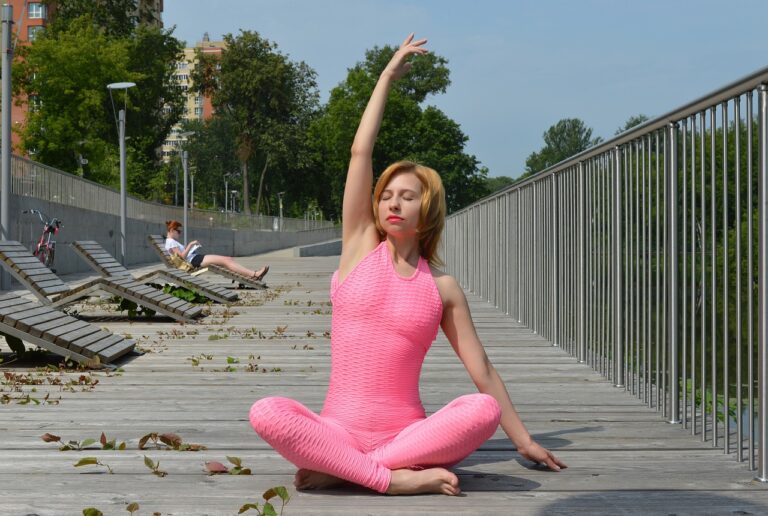Market Demand for Cultural Heritage Camps: Cricbet.99, Sky1exchange, Cricbet99 reddy anna
cricbet.99, sky1exchange, cricbet99 reddy anna: Culture plays a significant role in shaping our identities, traditions, and beliefs. As globalization continues to blur cultural boundaries, there is a growing demand for opportunities to explore and celebrate our heritage. Cultural heritage camps have emerged as a popular avenue for individuals to connect with their roots, learn about their heritage, and immerse themselves in different cultural experiences.
Understanding Market Demand for Cultural Heritage Camps
Cultural heritage camps cater to a diverse audience, including children, adolescents, adults, and families. These camps offer a unique blend of educational activities, hands-on experiences, and cultural immersion programs that celebrate various traditions, languages, arts, and cuisines. Participants have the opportunity to explore their heritage, connect with like-minded individuals, and create lasting memories.
Market Research and Trends
Market research indicates a growing demand for cultural heritage camps among individuals who seek to reconnect with their roots, preserve their cultural identity, and pass down traditions to future generations. Trends show that participants are increasingly interested in exploring diverse cultural experiences, gaining a deeper understanding of their heritage, and engaging in cross-cultural dialogue.
Key Factors Driving Market Demand
Several key factors are driving the market demand for cultural heritage camps:
1. Increasing awareness and appreciation of cultural diversity
2. Desire to explore and celebrate one’s heritage
3. Need for cultural education and cross-cultural understanding
4. Growing interest in multicultural experiences and global perspectives
5. Opportunities for intergenerational bonding and family connections
Benefits of Cultural Heritage Camps
Participating in cultural heritage camps offers a host of benefits, including:
1. Learning about one’s heritage and cultural traditions
2. Developing a sense of identity and belonging
3. Connecting with individuals from diverse backgrounds
4. Promoting cultural exchange and understanding
5. Building cultural competence and global awareness
FAQs
Q: Are cultural heritage camps suitable for participants of all ages?
A: Yes, cultural heritage camps cater to individuals of all ages, from children to adults.
Q: What types of activities are offered at cultural heritage camps?
A: Cultural heritage camps offer a range of activities, including language classes, traditional arts and crafts, cooking demonstrations, music and dance performances, cultural workshops, and field trips to cultural sites.
Q: How can I find cultural heritage camps in my area?
A: You can search online for cultural heritage camps in your area or inquire with local cultural organizations, community centers, churches, and schools.
In conclusion, the market demand for cultural heritage camps continues to grow as individuals seek opportunities to explore, celebrate, and preserve their cultural heritage. These camps provide a valuable platform for cultural exchange, education, and community building, catering to a diverse audience interested in embracing their roots and connecting with their cultural identities.







